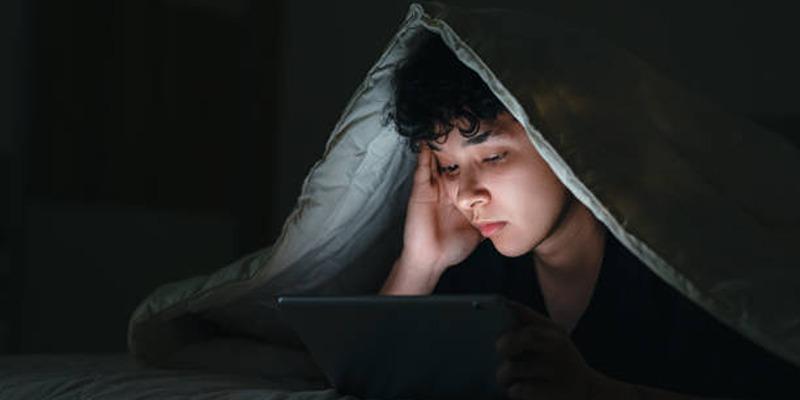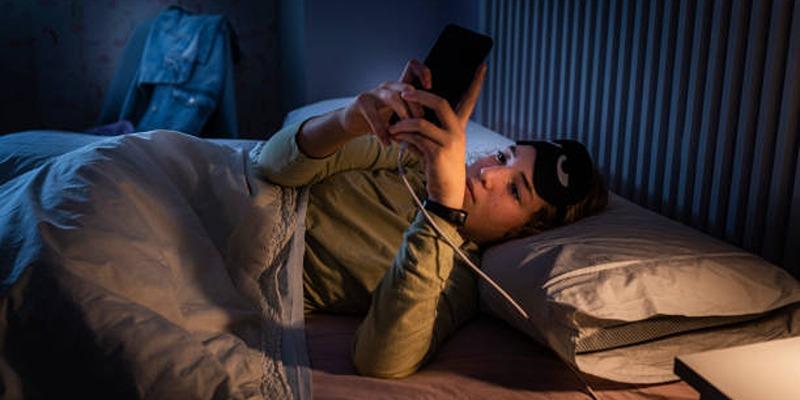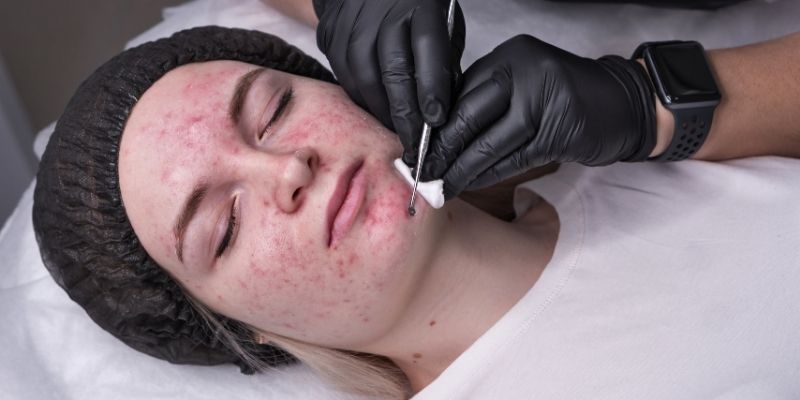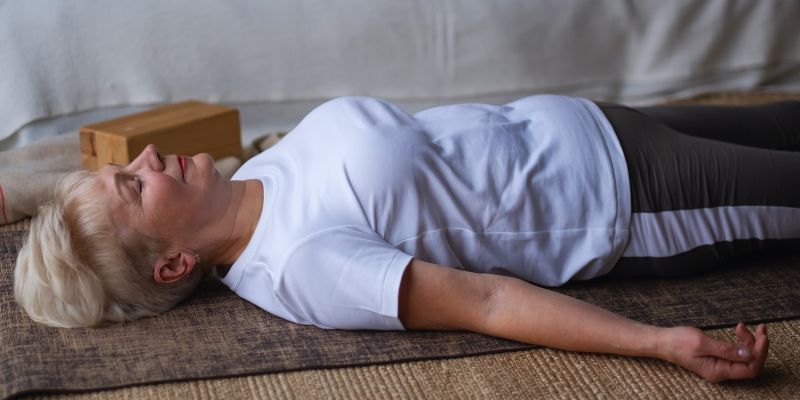Advertisement
Sleep and social media are issues of particular interest today with much focus on online platforms. Social media networks have unluckily become an integral part of our existence, providing us with unlimited entertainment and an opportunity to communicate. Nevertheless, such a type of engagement with information presupposes permanent reception of new data, while residing simultaneously at the cost of quality sleep. In this elaborate guide, you will learn about how social media affects sleep and the measures to embrace to promote the establishment of a positive lifestyle that enhances the quality and duration of sleep.
 Currently, social media has become a necessity in every day. The continuous connection can be very disruptive of our sleep.
Currently, social media has become a necessity in every day. The continuous connection can be very disruptive of our sleep.
Social media has revolutionized how we interact, share, and consume information. Platforms such as Instagram, Facebook, and TikTok provide a sense of community and instant gratification. While these networks enrich our lives in many ways, they also encourage prolonged usage, often cutting into time meant for rest and recovery.
Social media platforms are designed to keep users hooked. Features like infinite scrolling, autoplay videos, and personalized recommendations make it difficult to step away. This addictive design leads to hours spent online, often delaying bedtime and reducing overall sleep duration.
Social media's impact on sleep quality can be attributed to several factors, including:
Electronic screens emit blue light, which interferes with the production of melatonin—the hormone that controls sleep. Evening exposure to blue light can trick your brain into believing it’s still daytime, making it more difficult to fall asleep.
Social media can be a source of stress. Viewing negative content, engaging in heated discussions, or comparing oneself to others can lead to feelings of inadequacy and anxiety. This heightened emotional state interferes with the ability to relax, which is essential for falling asleep.
Notifications, alerts, and the temptation to check your phone during the night can interrupt the natural sleep cycle. Even brief awakenings can prevent the body from entering deeper, restorative stages of sleep, leaving you feeling groggy and unrefreshed.
Establishing healthy sleep habits is essential for overall well-being. However, certain habits can significantly disrupt our sleep patterns and quality of rest. Let's explore two common culprits that negatively impact our sleep: using devices in bed and emotional engagement with content.
One of the most common habits affecting sleep is using smartphones or tablets in bed. Whether scrolling through social media feeds, watching videos, or replying to messages, these activities stimulate the brain, delaying sleep onset.
Interacting with emotionally charged content late at night can lead to overthinking and emotional unrest. This state of mind makes it difficult to achieve the calmness required for quality sleep.
Social media creates a constant sense of urgency, making users feel like they must stay updated at all times. This fear of missing out often drives people to sacrifice sleep in favor of staying connected.
The interplay between technology and biology highlights how late-night scrolling can interfere with the brain's ability to prepare for rest, leading to various health issues.
Our bodies operate on a natural 24-hour cycle known as the circadian rhythm. This cycle regulates when we feel alert and when we feel sleepy. Excessive social media use, especially at night, disrupts this rhythm, delaying the body’s natural readiness for sleep.
Poor sleep caused by social media can lead to mental health issues such as anxiety, depression, and irritability. Over time, this creates a vicious cycle where stress from poor sleep fuels further social media use, exacerbating the problem.
Here are some practical strategies to help you establish healthier habits and ensure a restful night's sleep.
Create a rule to stop using social media at least 30 minutes to an hour before bedtime. This practice allows your brain to wind down naturally, preparing it for restful sleep.
Instead of scrolling through your phone, engage in relaxing activities such as reading a book, meditating, or journaling. These alternatives promote a sense of calm and help transition your body into sleep mode.
Most devices offer a “night mode” or “blue light filter” feature that reduces blue light exposure. While not a perfect solution, it can help minimize the impact of screens on your sleep.
There are several apps designed to track and limit social media usage. Use these tools to monitor your habits and set boundaries to prevent excessive engagement, especially at night.
 By implementing these strategies, you can reap the following benefits:
By implementing these strategies, you can reap the following benefits:
By reducing nighttime social media use, you allow your brain to produce melatonin naturally, leading to deeper and more restorative sleep.
Stepping away from social media before bed reduces stress, anxiety, and emotional overstimulation. This mental clarity helps you relax and prepares you for a good night’s sleep.
When you limit social media usage, you create more opportunities for meaningful in-person interactions with loved ones, fostering stronger bonds.
The connection between sleep and social media is both complex and significant. While social media offers many benefits, its excessive use can disrupt sleep patterns and negatively affect overall well-being. By understanding how social media influences sleep and implementing simple strategies to balance usage, you can enjoy the best of both worlds—staying connected without compromising your health. Start small by setting a digital curfew or charging your phone outside the bedroom. These seemingly minor changes can make a big difference in the quality of your sleep and your life as a whole. Prioritize your rest, and you’ll be better equipped to thrive both online and offline.
Advertisement

By Elena Davis/Jan 07, 2025

By Jennifer Redmond/Jan 09, 2025

By Kristina Cappetta/Dec 02, 2024

By Madison Evans/Nov 20, 2024

By Paula Miller/Oct 14, 2024

By Vicky Louisa/Oct 21, 2024

By Sean William/Jan 07, 2025

By Verna Wesley/Oct 21, 2024

By Elva Flynn/Jan 19, 2025

By Paula Miller/Oct 11, 2024

By Mason Garvey/Oct 14, 2024

By Kristina Cappetta/Jan 15, 2025